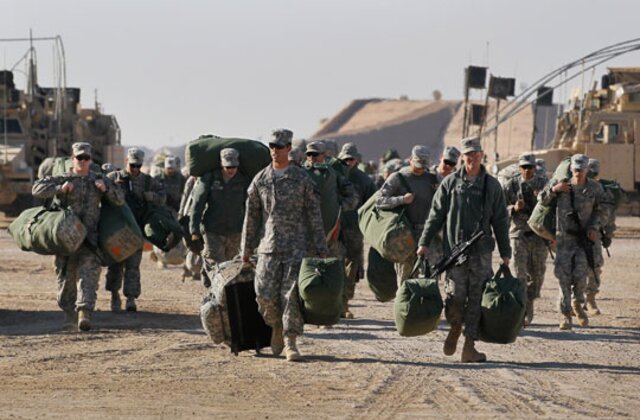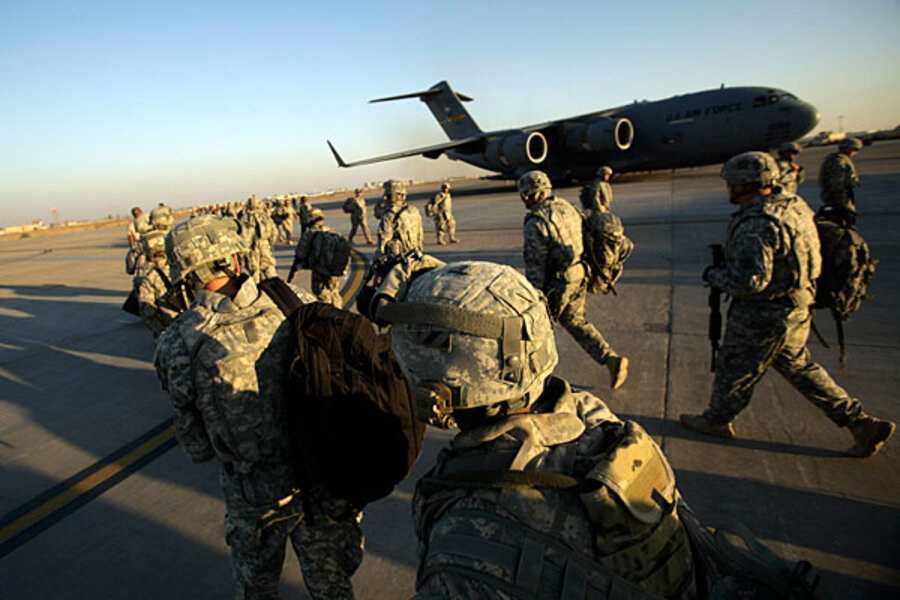The assassination of Mushtaq Jawad Kazim al-Jawari, a commander in an Iran-linked Iraqi militia, by the U.S. on January 4, 2024, has intensified the already strained relations between the two nations. The Pentagon claims self-defense, but Prime Minister Mohammed Shia al-Sudani strongly demands the departure of U.S. troops, reigniting discussions around a possible complete withdrawal.

Photo from Google
Rising Anti-American Sentiment and Escalating Attacks
The killing of Jawari in Baghdad, near the anniversary of previous assassinations, has sparked public outrage in Iraq. Over a hundred attacks on U.S. bases in Iraq and Syria since October 2023, coupled with the ongoing Israeli-Palestinian conflict, fuel anti-American sentiment, putting substantial strain on the U.S. position in the region.
Iraq’s Prime Minister, echoing Parliament’s 2020 resolution, demands the expulsion of U.S. troops. The relentless pressure from within the Iraqi government and the general public raises questions about the potential complete withdrawal of American forces from the country, marking a critical turning point in the geopolitical landscape.
As tensions rise, the U.S. presence in Syria, particularly against the Islamic State, faces threats if troops are compelled to leave Iraq. The situation escalates into a diplomatic and security crisis, posing significant challenges for both the U.S. and the Middle East region.
READ ALSO: Historic USS Texas Battleship Nears Spectacular Return After Multi-Year Overhaul
Diplomatic Challenges and Anticipation of Withdrawal
Potential diplomatic discussions between the U.S. and Iraq regarding troop withdrawal bring forth complex negotiations. Iraq may push for a publicized withdrawal schedule, while the U.S. strives to keep operational details confidential due to security concerns and political sensitivity.
The decision on troop withdrawal holds profound implications for existing power dynamics, security architecture, and regional stability in the Middle East. The evolving situation poses a significant challenge for the U.S. administration, shaping geopolitical balances and security dynamics in the region.
READ ALSO: AI Workshop Unveils Potential Threats And Community Defense Strategies In Augusta

















































